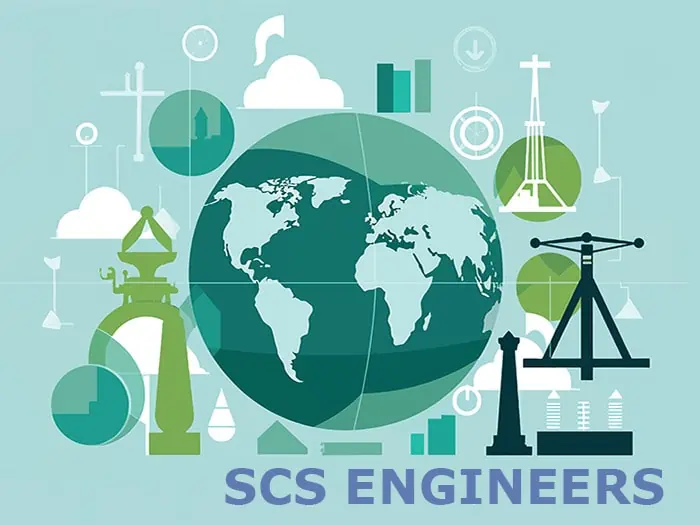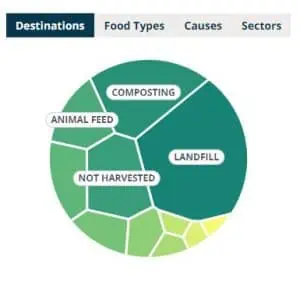


Since its inception, the environmental movement has been a force to reckon with, uniting over 1 billion people annually on Earth Day and every day. Together, we have taken significant steps to protect our planet, and our collective efforts continue to make a difference.
Numerous Earth Day events are in the works to celebrate the day and the movement. This year’s theme is “Planet vs. Plastics,” and Earthday.org has some great suggestions for making a difference. Look for events in your area—we all make a difference when we make an effort today, this week, or as part of our careers.
Earth Day Events:

Click to find an Earth Day event near you.
Take Action:
Play with ReFED’s interactive, fun, and educational tool!

The ReFED Insights Engine offers the most comprehensive examination of food waste in the United States by incorporating current data from a variety of sources, including public and proprietary datasets, expert interviews, case studies, and industry research. This powerful engine has several components, including:
Food Waste Monitor – A centralized repository of information built with data from more than 50 public and proprietary datasets and providing granular estimates of how much food goes uneaten in the U.S., why it’s happening, and where it goes.
Solutions Database – A stakeholder-specific, comprehensive cost-benefit analysis of 40+ food waste reduction solutions based on a range of impact goals, plus detailed fact sheets on each.
Impact Calculator – An interactive resource that quantifies the greenhouse gas emissions reduction, water savings, and donated meal recovery potential of different food surplus management scenarios in the U.S. by sector and food type.
Capital Tracker – A dashboard to monitor the flow of capital into food waste innovation, allowing users to understand the landscape, identify key players, and plan out future funding strategies.
Use a reusable water bottle, drinking straws, and shopping bags.

The average per person use is astounding; some can take 1,000 years to disintegrate.
Think of the money you’ll save along with planet Earth!